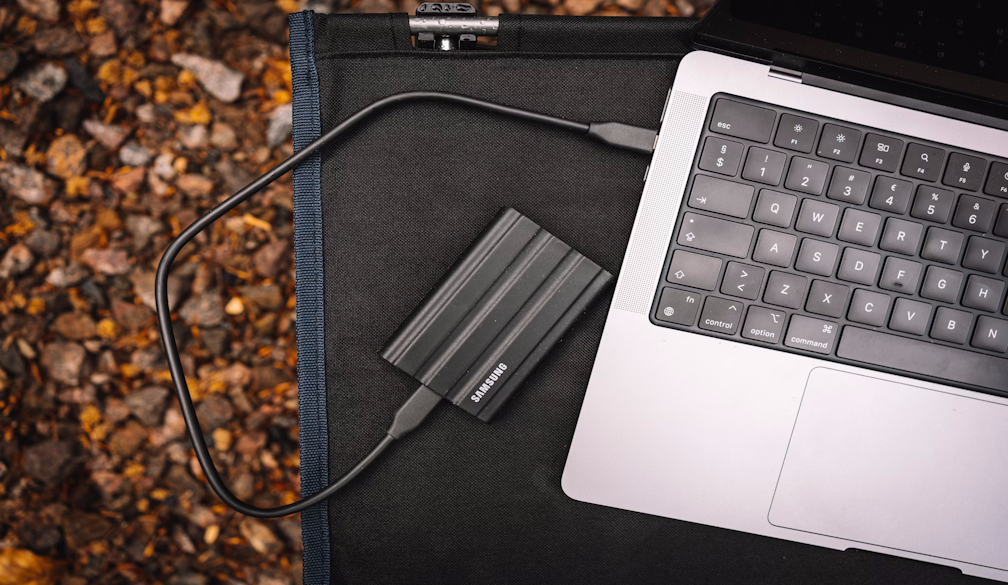HP Laptop Computer Charger Buying Guide: What You Need to Know Before You Buy

Buying a new charger for your HP laptop might seem simple until you realize how many types are out there. Whether you've misplaced your original charger or you're looking for a spare to keep at the office, it’s essential to choose the right one. Using the wrong charger can lead to poor performance, battery damage, or even safety risks. So, before you click "Buy Now," let’s walk through the key things you need to consider when shopping for an HP laptop computer charger.
1. Check your laptop’s model number
Before anything else, locate your HP laptop’s model number. You can usually find it on the bottom of your laptop or under the battery if it’s removable. It might look something like "HP Pavilion 15-cs3073cl" or "HP ENVY x360 13z-ay000." This information is your starting point because not every charger works with every HP model.
Once you have the model number, head to the HP website or look at your original charger (if you still have it) to find the required voltage and amperage. A mismatched charger—even if it fits—could harm your battery or charging system over time.
2. Understand voltage and amperage
Laptop chargers convert AC power from the wall into DC power that your laptop can use. This is where voltage (V) and amperage (A) come into play.
- Voltage must match exactly. Most HP laptops run on 18.5V, 19V, or 19.5V chargers, but you should double-check yours.
- Amperage should be the same or higher than what your laptop requires. If your original charger was rated at 3.33A, a replacement rated at 4.74A will work fine but not the other way around.
Using a charger with incorrect voltage or insufficient amperage can result in overheating, slow charging, or damage to your device.
3. Connector type matters
Another essential factor in choosing an HP laptop computer charger is the connector the part that plugs into your laptop. HP uses several different connector types, such as:
- Barrel-style connectors (the traditional round tip)
- Smart Pin connectors (a blue tip inside a barrel)
- USB-C connectors (found on newer HP models)
Even if the charger’s power specs match, the wrong connector means it simply won’t plug in—or worse, it might damage the port. Make sure to compare your old charger’s tip with the new one or use your laptop’s model number to find compatible connectors.
4. OEM vs. third-party chargers
When searching for an HP laptop computer charger, you’ll notice a wide range of prices. Some chargers are labeled “OEM” (Original Equipment Manufacturer), while others are generic or third-party options. So, what's the difference?
- OEM chargers are made by HP or by authorized manufacturers. These usually guarantee the best compatibility and safety standards, but they’re often more expensive.
- Third-party chargers can be just as good, if they come from a reputable brand. The problem is that not all generic chargers meet quality standards. Some may overheat, deliver unstable power, or wear out quickly.
If you go with a third-party option, check reviews, look for certifications like CE or UL, and avoid prices that seem too good to be true.
5. Wattage: How fast will it charge?
Wattage (W) is calculated by multiplying voltage by amperage. For example, a charger rated at 19.5V and 3.33A delivers about 65 watts. Higher wattage chargers (like 90W or 120W) charge faster and can support more power-hungry tasks, like gaming or video editing. However, don’t exceed your laptop’s recommended wattage by too much, especially with older models.
Some newer HP laptops that support USB-C charging are more flexible. These can often be charged using a universal USB-C power adapter, but again, you’ll want one that meets the correct power output range.
6. Portability and cable length
Think about where and how you’ll be using your HP laptop computer charger. If you often work in coffee shops or coworking spaces, look for a compact and lightweight charger. Also, check the cable length. A short charger might be fine at a desk, but it’s frustrating if the power outlet is out of reach.
Some users prefer chargers with detachable cables for easier storage and better durability. Others may want a spare cable just in case one gets frayed or damaged. Investing in a charger with reinforced connectors can also help prevent common wear and tear issues.
7. Price vs. value
It’s tempting to go for the cheapest charger available, especially if you're on a budget. But in the world of electronics, you often get what you pay for. That $12 charger might work at first, but if it fries your battery or stops working after a few months, you’ll end up paying more in the long run.
Always weigh price against value. A $35–$50 HP laptop computer charger from a known manufacturer may last for years and give you peace of mind. Consider it an investment in your laptop’s longevity and performance.
8. Where to buy
You can buy a replacement charger from various sources:
- HP’s official store – Best for OEM chargers and guaranteed compatibility.
- Major electronics retailers – Reliable for both OEM and high-quality third-party chargers.
- Online marketplaces – Be cautious here. Stick to highly rated sellers and avoid off-brand products with questionable reviews.
If possible, register your laptop with HP. It often makes finding compatible parts easier through their support tools.
Final thoughts
Buying an HP laptop computer charger doesn’t have to be complicated, but it does require a little research. Start with your laptop’s model number, match the voltage and connector type, and don’t skimp on quality. A good charger can extend your battery life, keep your laptop safe, and prevent frustrating power issues.
So the next time you're shopping for a replacement, use this guide to ensure you get the right charger the first time. Your laptop and your productivity will thank you for it.










